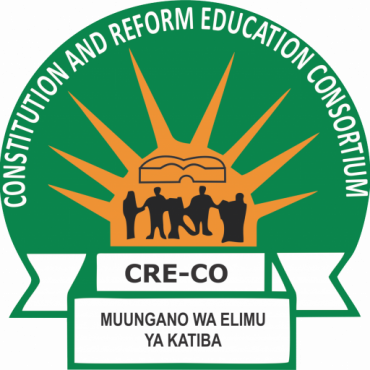Hello University Students, College Students
Competition
CALL FOR ESSAYS

1.1 Background and Rationale
Digital democracy is increasingly becoming a cornerstone of modern governance. The proliferation of digital platforms has democratized access to information and enabled greater citizen participation. However, these platforms are also rife with misinformation and fake news, which can undermine democratic processes, erode public trust, and polarize societies.
In response to these challenges, various technological solutions and regulatory measures have been proposed and implemented. However, these solutions often face criticism for potentially infringing on freedom of expression and privacy. It is crucial to strike a balance that ensures the integrity of information while safeguarding fundamental rights.
By engaging university students in this essay competition, CRECO aims to harness the creativity and critical thinking of the youth to address these complex issues. The competition will focus on three key thematic areas: the future of digital democracy, technological solutions to fake messaging and regulations and policy.
1.2 Topical Areas
1.2.1. The Future of Digital Democracy
- Explore emerging technologies, trends and potential developments in the fight against fake news.
- Discuss the impact of digital democracy on governance, public participation, and electoral integrity.
- Analyze how advancements in technology can both enhance and challenge democratic processes.
- Generation Z digital activism and incentivisation of transparency and accountability in Kenya
1.2.2. Technological Solutions to Fake Messaging
- Examine the role of emerging digital technology in detecting and mitigating fake news, including the use of algorithms, fact-checking tools and Artificial Intelligence.
- Vectors of misinformation and disinformation in Kenya.
- Evaluate the effectiveness of current technological solutions in combating misinformation and disinformation.
- Propose innovative technological approaches to enhance the accuracy and reliability of information on digital platforms.
- Analysis of population segments in the misinformation and disinformation market.
1.2.3. Regulations and Policy:
- Analyze existing regulations and policies aimed at addressing fake news and misinformation.
- Discuss the balance between content moderation, privacy concerns, and free speech implications.
- Explore the impact of existing and proposed regulatory frameworks on digital democracy and the dissemination of information.
- Online accountability and code of conduct.
- Ethical dilemma and existing Kenyan Law and penalties for defamation and bleach of privacy.
1.3 Eligibility
The call for essays will preferably target current university and college students undertaking courses that provide a foundation in understanding the complexities of digital democracy, disinformation, misinformation, digital technology, policy, and regulations. ALL University and College students are eligible to apply.
1.4 Evaluation Criteria
Essays will be evaluated by an independent assessment panel based on the following criteria:
- Relevance: Alignment with the selected theme and category.
- Originality: Novelty and creativity in addressing the topic.
- Clarity: Clear and coherent presentation of ideas.
- Evidence: Use of credible sources and references to support arguments.
- Impact: Potential impact of proposed solutions or insights.
- Knowledge: Display of understanding of the chosen subject
- Publication: Merits for publication in the Essay Book.
1.5 Awards and Recognition
The top 10 essays will be awarded as follows:
- First Winner: Smartphone, one-year subscription for Spotify and X verification, and a 3-month Voluntary Internship at CRECO Communication and Programs Departments.
- Second Winner: Smartphone and one-year Twitter verification.
- Third to Tenth winner: Smartphones.
The winning 20 essays will be uploaded on the CRECO website and social media channels. An awarding ceremony will be held during the National Stakeholders Symposium, where the winners will be recognized and feted.
1.6 Submission Guidelines
- Length: Essays should be between 1,500 and 2,000 words and coloured passport size photo
- Format: Submissions should be in PDF format, typed in Times New Roman, font size 12, and double-spaced.
- Language: Essays should be written in English.
- Deadline: All essay submissions must be received by 30th September 2024.
#VIJANATUCHANUKE

